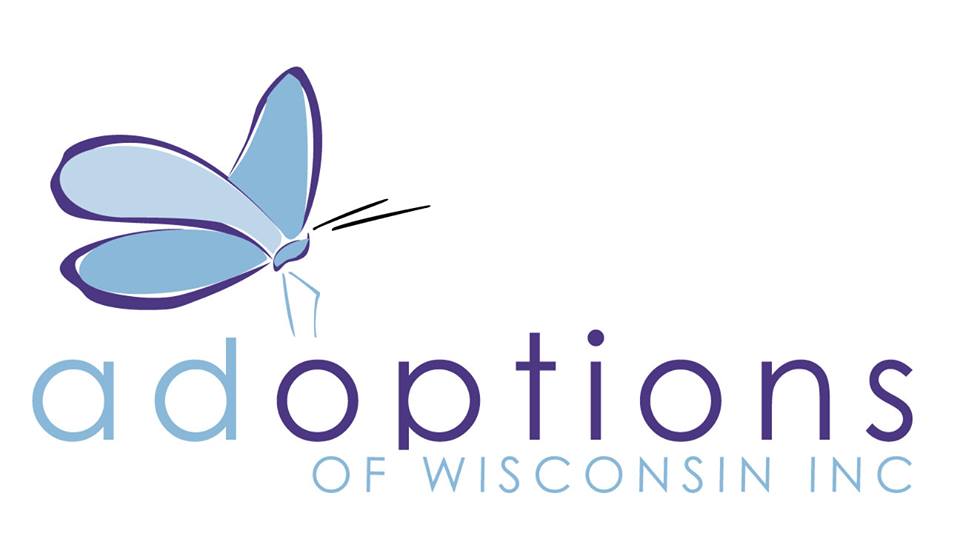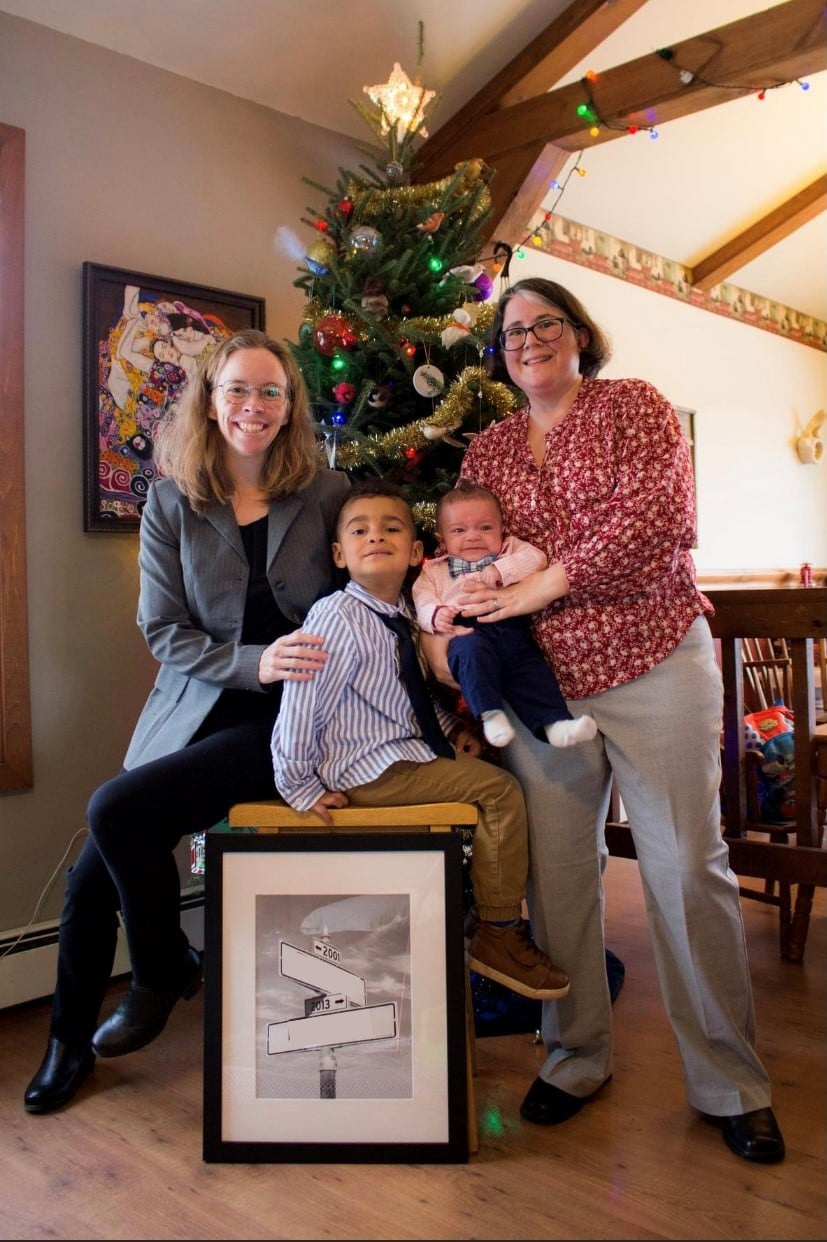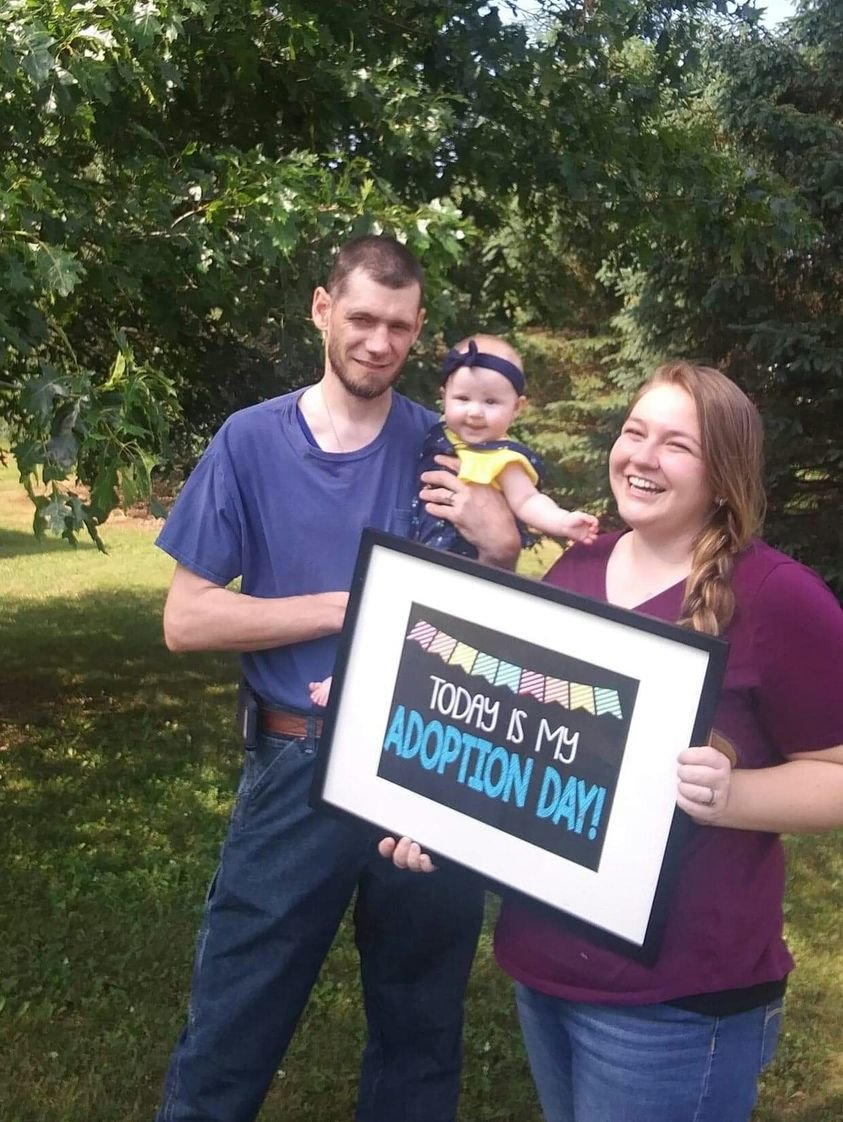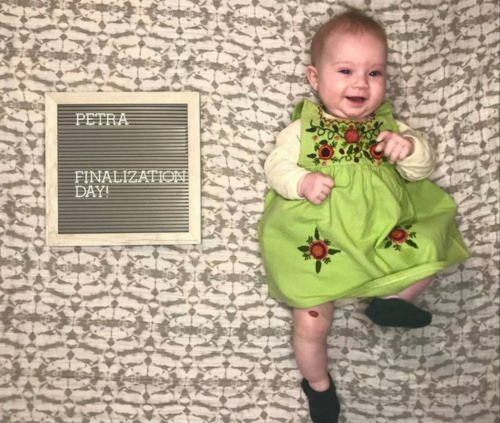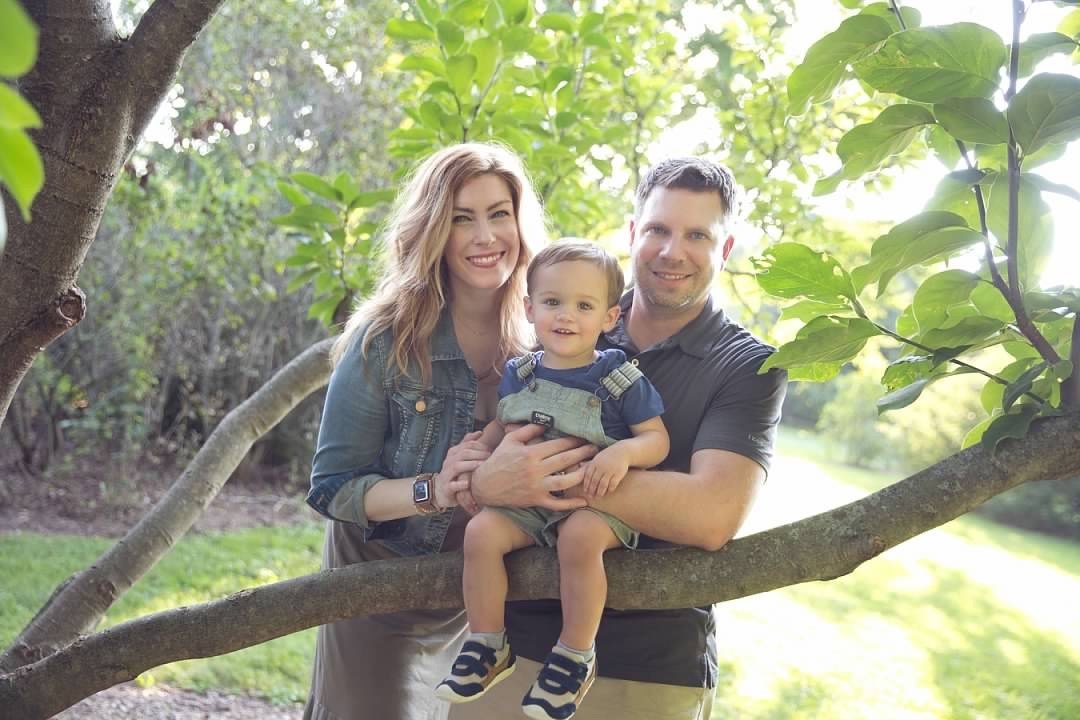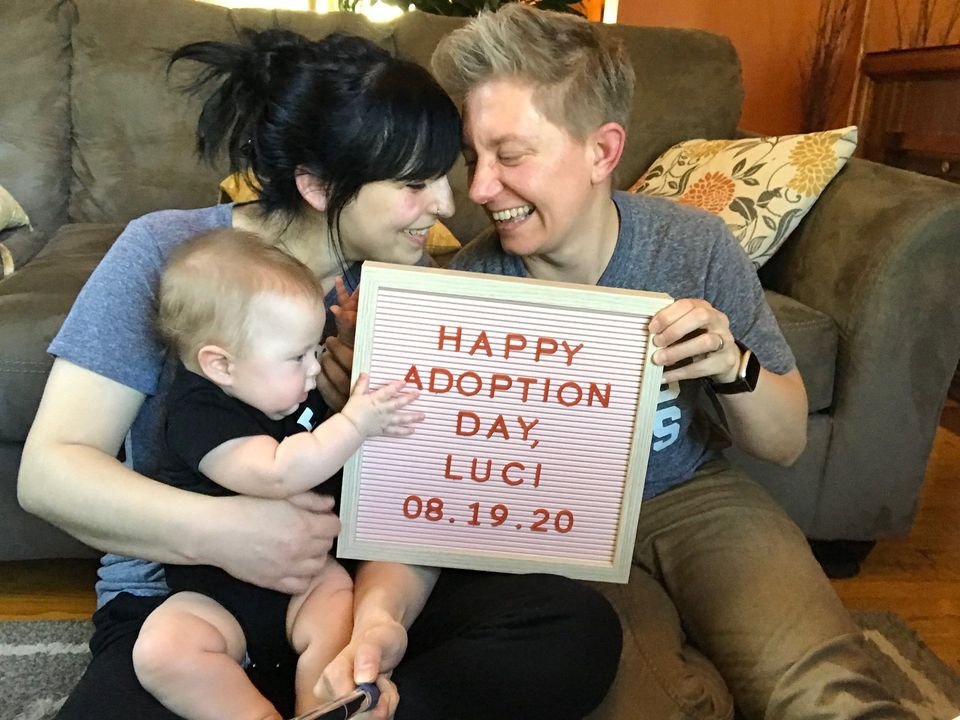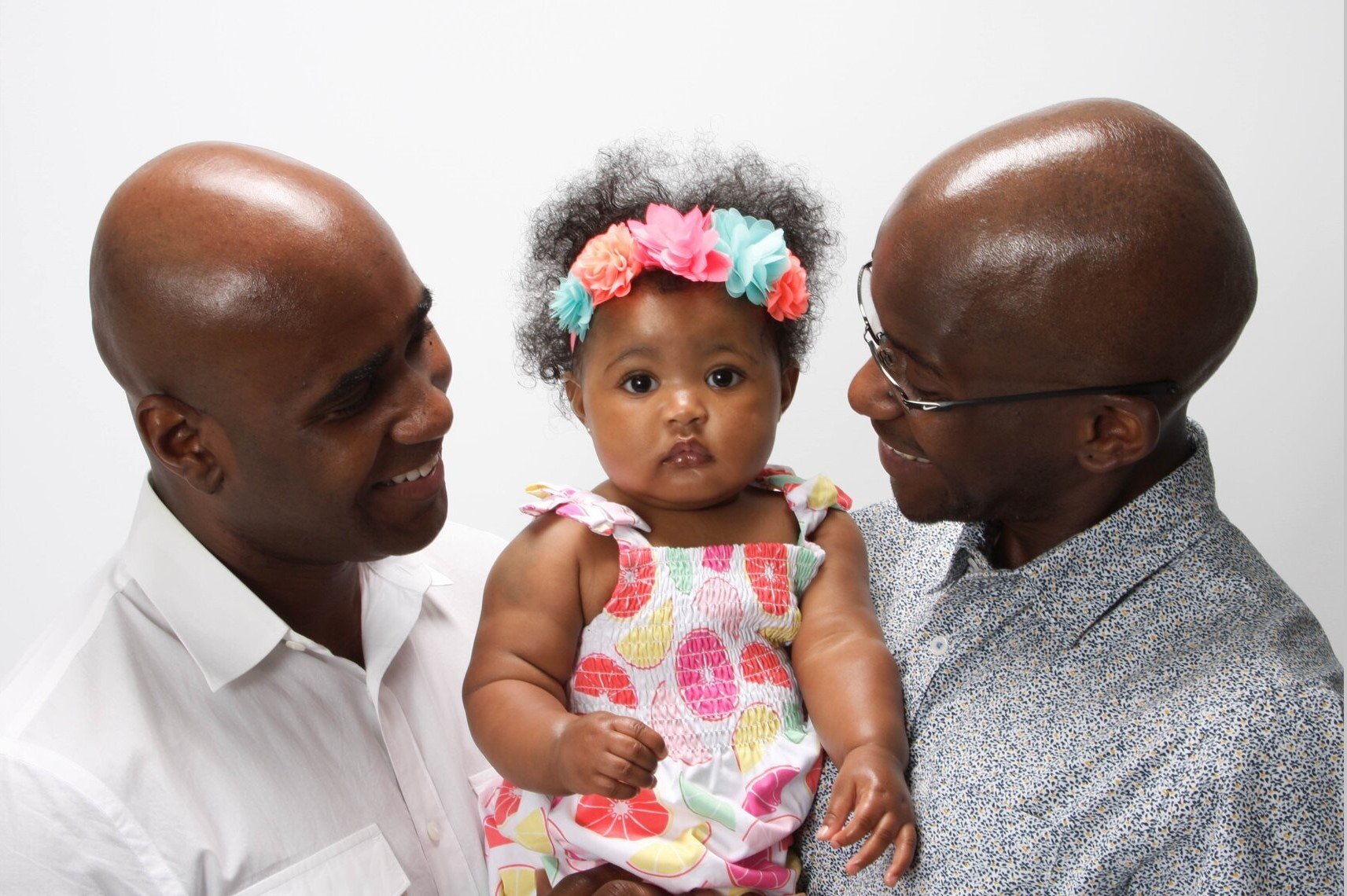A birth parent asks, "How do I manage the grief associated with making an adoption plan?"
/The adoption process is one that intrinsically involves grief and loss. When birth parents decide to relinquish their newborn for adoption, they will often go through a grief process not unlike what a person experiences when a loved one passes. The grief stages are the same (denial, anger, depression, bargaining and acceptance); birth parents do not move through them in any nice neat order or set period of time, nor should they be expected to. Grief associated with making an adoption plan is complicated for birth parents because of the ambiguous nature of the loss.
An example of how the grief process can get complicated is that feelings such as numbness, confusion and denial may cause a birth mother to fail to recall significant details such as the date and time of the birth and her child’s birth weight. The inability to recall such details can complicate the normal grieving process by causing guilt and feelings of shame for not being able to remember specific details.
When numbness and denial subside, often birth mothers experience an eruption of feelings such as anger, sadness, shame and guilt. Opportunities to express these feelings in a natural and supported way are important for validating the loss and coping with the grief associated with an adoptive placement. For birth mothers who have kept their pregnancy and adoption plan secret, the secrecy, shame and lack of public acknowledgment means that opportunities to release these difficult feelings don’t exist. When natural means of releasing these feelings are not available, the feelings often get stifled, ignored or are manifested in unhealthy ways.
It is helpful if there is a friend, family member or counselor with whom a birth mother can share her feelings, pregnancy and adoption plan. This person’s role is to listen, validate her grief and loss and allow for healthy ways to express difficult feelings. This support person can also be present at the birth to record important details which she may want to remember at a later date. It can also be helpful to journal any memories of the birth and hospital stay as soon as possible before those memories fade. Mementos such as foot prints, crib cards and pictures can also be very helpful in having something tangible to hold onto during especially difficult times.
Giving birth to a baby and placing the baby with adoptive parents are very significant life events. During times of grief, it is helpful to remember the time prior to the loss and the person for whom one is grieving. Being able to call to mind details, read journal entries or hold onto mementos are helpful ways of validating the significance of the loss and can lead to positive management of the grief process. Our compassionate adoption social workers are trained to help birth parents move through the grief process in a healthy way. We understand the special circumstances surrounding birth parent grief and are here to be a support person to birth parents (and their families) in an effort to help eliminate any barriers to healthy grieving.
